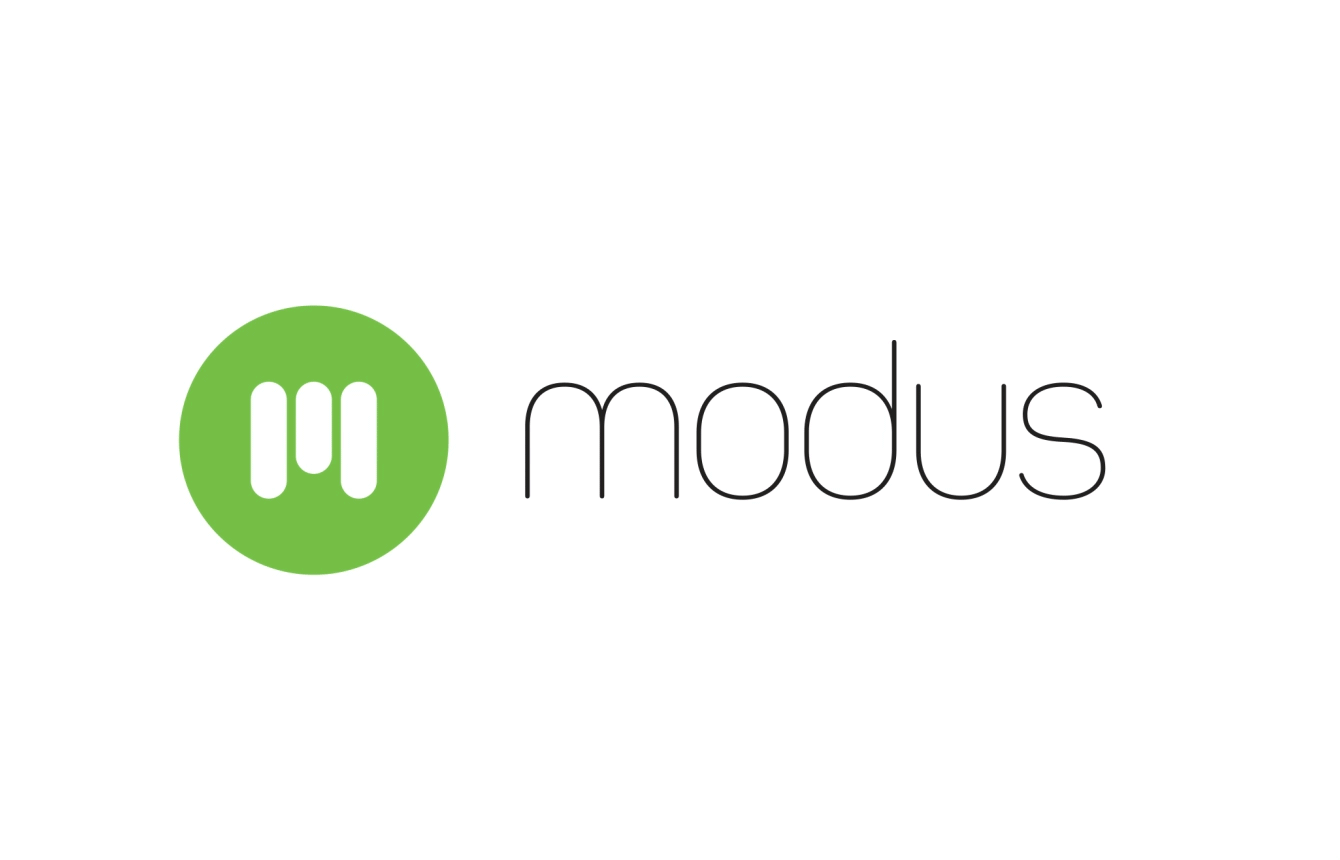The CMO GEO Confidence Gap: Marketers Are All in on AI Search, but Struggle to Measure Success
A new 2025 B2B CMO Pulse Survey from Modus and Semrush reveals that while 85% of marketing leaders now view Generative Engine Optimization (GEO) as a critical priority, nearly half admit they lack clear metrics to measure success. The findings highlight a widening “confidence gap” as brands race to adapt to AI-driven search. CMOs agree that GEO will evolve — not replace — SEO, but measuring visibility, authority, and ROI in generative environments remains the top challenge for 2026 planning.
Marketers have a new acronym to contend with: Generative Engine Optimization (GEO), or the practice of optimizing brands for AI search results. This transformation has compelled marketing executives to recalibrate strategies to keep up with how customers find information. Modus, a global digital consultancy, unveiled findings from its B2B CMO Pulse 2025: The State of Generative Engine Optimization (GEO), conducted in partnership with Semrush, the leading online visibility management SaaS platform. The results unpack how senior marketers are preparing for AI-driven search — and why many still lack clarity on how to measure success.
The survey of more than 70 B2B CMOs and marketing leaders conducted in October 2025 uncovered that while GEO has become a top priority, most admit they’re still learning how to execute and evaluate it effectively.
Key highlights:
- 85% of CMOs say GEO is now “critical or high priority” to their marketing strategy.
- Confidence lags at 7.5/10. Most leaders admit they’re still learning how to execute GEO effectively.
- Terminology is still evolving, signaling market nascency. “GEO” is most commonly used (34% of respondents), but others prefer “AIO,” “AEO,” or “AI Search Optimization.”
- The emerging GEO playbook centers on five themes: Answer-first content, structured data and entities, brand authority and trust, prompt and engine testing, and establishing measurement frameworks.
- However, when it comes to measurement, 46% cite unclear KPIs as their top challenge in adapting from SEO to AI search optimization.
- 87% say SEO isn’t dying, it’s evolving. CMOs predict GEO will reshape (not replace) traditional SEO — evolving into a new discipline.
“Generative AI is rewriting how brands appear and compete in search,” said Graham Ericksen, Chief Strategy Officer at Modus. “This report goes beyond the hype to surface practical, peer-driven advice from CMOs who are defining what success looks like in AI search. As marketing leaders reallocate budgets and refine their playbooks, the ability to measure GEO with confidence will be the new foundation of growth.”
The survey points to two clear imperatives for 2026 planning: Organizations must evolve GEO from a project to an integrated marketing capability, and assign clear ownership of AI visibility across marketing and data teams. Establishing reliable measurement frameworks, the report concludes, will empower brands to proactively manage reputation, trust, and influence in the next evolution of search.
Also Read: The End Of Serendipity: What Happens When AI Predicts Every Choice?
[To share your insights with us as part of editorial or sponsored content, please write to psen@itechseries.com]


Comments are closed.